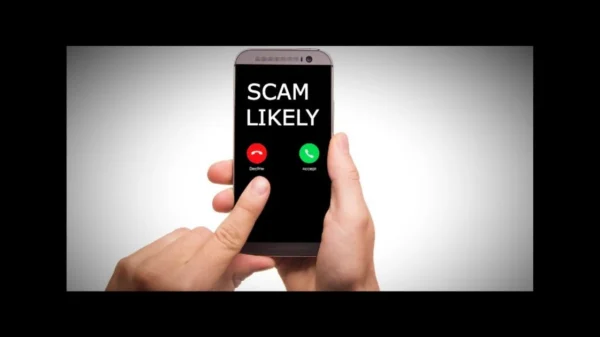Last week, state Attorney General Ashley Moody issued a Consumer Alert to warn Floridians about scammers using LinkedIn to target potential cryptocurrency investors.
A recent LinkedIn blog post claims there is a rise in fraudulent activity across the internet—including on the company’s platform. According to recent reports, users lost more than $1.6 million to cryptocurrency investment schemes utilizing LinkedIn to contact targets. One Floridian recently lost more than $280,000—their entire life savings. The Global Anti-Scam Organization reported that many fake LinkedIn accounts associated with the scheme originate from Southeast Asia.
Scammers try to build quick credibility with their targets in order to steal money or obtain personal information. We are now seeing them utilize professional social media platforms, such as LinkedIn, in an attempt to appear experienced and knowledgeable. Once trust is gained, they begin to execute a multifaceted cryptocurrency-investment scheme. We warned about this scheme earlier this year, but today, I am issuing a new Consumer Alert to ensure Floridians know to never provide personal or financial information to strangers online—no matter what platform they are using,” Moody said.
The scam begins with a con artist creating a fraudulent LinkedIn account. Beginning with small talk through the platform’s personal messaging to establish a friendly relationship, the fraudster offers to help the target make money through investments in cryptocurrency. The target is convinced to open an account on a trusted cryptocurrency trading site and begin investing. After days, weeks or even longer of the scammer giving cryptocurrency investment advice, the victim is convinced to move all of the investments from the trusted site to a site owned by the scammer—where the money will quickly be stolen.
To protect against scams involving professional networking platforms:
• Be wary when interacting with strangers online;
• Use LinkedIn’s reporting features to flag any solicitors who entice with money, prizes and investment opportunities;
• Know that any job opportunities listed on the site that look too good to be true are probably fraudulent; and
• Look out for poor grammar, a lack of profile context and other red flags that could be a tell-tale sign of a scammer.
LinkedIn recently posted an official blog post highlighting defense measures the platform is taking to reduce fake accounts. The post offers helpful tips for users to be mindful of when using the platform and tells users what kind of red flags to report.
Earlier this year, Moody issued “Scams at a Glance: Cryptocurrency Scams.” The resource contains information on how to avoid falling victim to crypto-investment schemes.



















